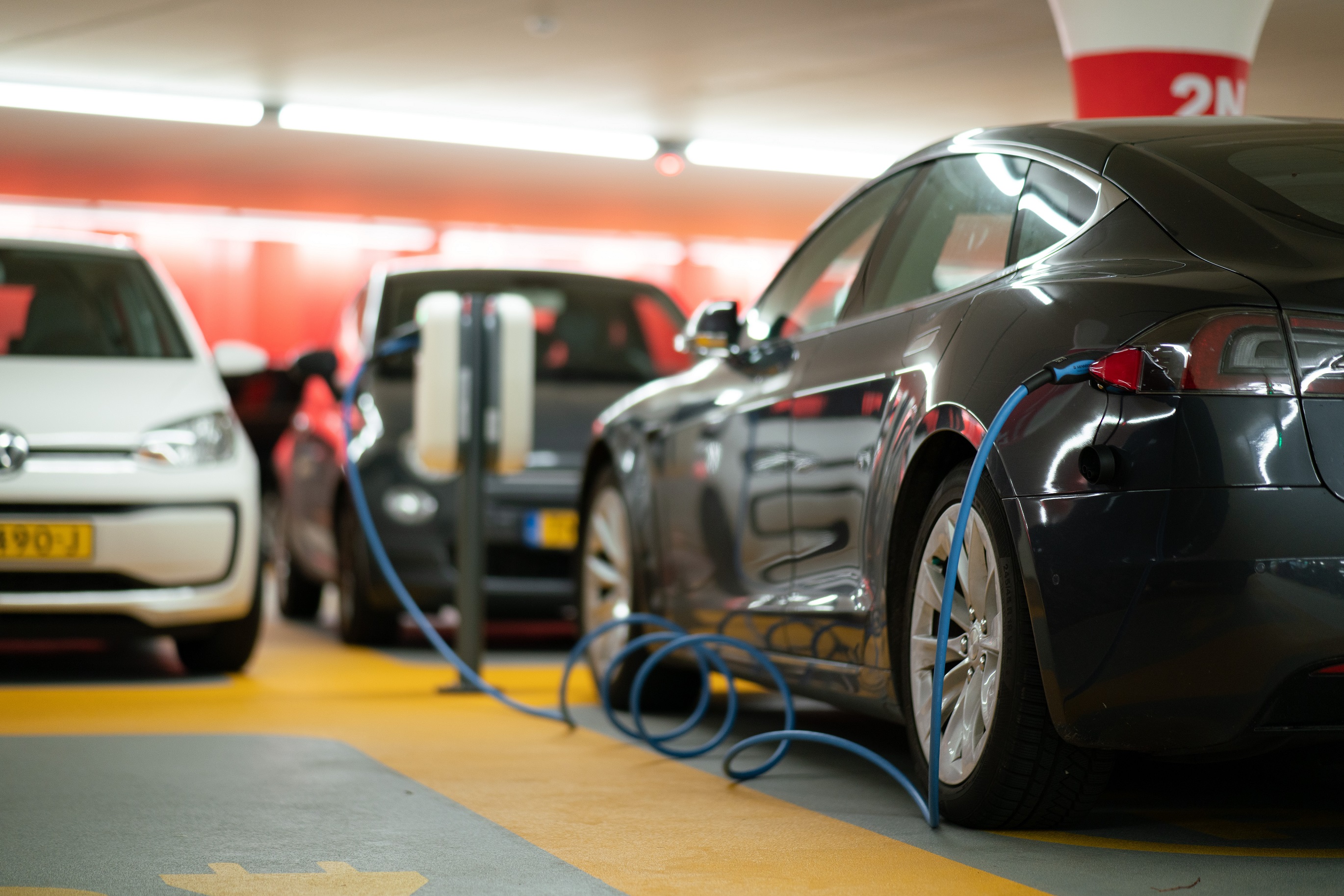Trade | Electric vehicle | Foreign exchange reserve | Tax revenue | India | China

Nepal imported 898 electric four-wheelers (cars, jeeps, and vans) in the first two months of the ongoing fiscal year amounting to Rs 2.41 billion, most of which are private four-wheelers. While the government earned Rs 1.12 billion in taxes from imports, data from the Department of Customs.
In the corresponding period of the last fiscal year, Nepal had imported 414 EVs amounting to Rs 1.19 billion, raising Rs 407.7 million in taxes for the government.
255 of the four-wheelers imported in 2023/24 were under 50 kW capacity while 631 of them were four-wheelers between 51kW and 100kW capacity.
This fiscal year Finance Minister Prakash Sharam Mahat had increased taxes on customs on 51kW-100kW four-wheelers by five percentage points raising it to 15% and raised excise on the same to 10% from the previous zero percent.
On the other hand, he reduced taxes on mid-range EVs, slashing both customs and excise by 10 percentage points from 30% each.
Out of the total imports, 575 units of electric four-wheelers were imported from China along with 500 units in the month from mid-August to mid-September alone.
Similarly, 317 units of electric four-wheelers were imported from India.
In the whole fiscal year, the total imports reached 3,870 units worth Rs 11.23 billion. Out of which, 2,205 units were imported from India followed by 1,269 units from China, and 375 units from South Korea.
Last year, Nepal imposed a ban on the import of petrol and diesel jeeps, cars, and vans to prevent the depletion of the country’s foreign exchange reserves, which is considered to have played an influential role in shifting consumers’ preference towards electric cars.
While ballooning imports drain the country’s reserves, taxes levied on them are a crucial source of government revenues, a catch-22 situation for the government in managing the rising import of private cars, including EVs.
Another driving force behind shifting consumer preferences is easy financing. Banks are now lending up to 80% of the cost of electric cars.
Likewise, the Indian government recently announced, through their union budget speech for 2023/24, a customs duty exemption on the import of capital goods and machinery required for the manufacturing of lithium-ion cells for EV batteries, which is expected to reduce the costs for EVs, including for Nepal.
In other news, the UK government led by Rishi Sunak has extended the banning of the sale of new petrol and diesel cars by five years to 2035. Earlier, the UK announced in 2020 that it would impose a ban on the sale of new gas and diesel cars from 2030 as a move to decarbonize road transport.
Read More Stories
Kathmandu’s decay: From glorious past to ominous future
Kathmandu: The legend and the legacy Legend about Kathmandus evolution holds that the...
Kathmandu - A crumbling valley!
Valleys and cities should be young, vibrant, inspiring and full of hopes with...
Today’s weather: Monsoon deepens across Nepal, bringing rain, risk, and rising rivers
Monsoon winds have taken hold across Nepal, with cloudy skies and bouts of...